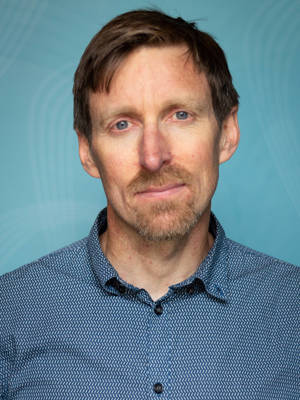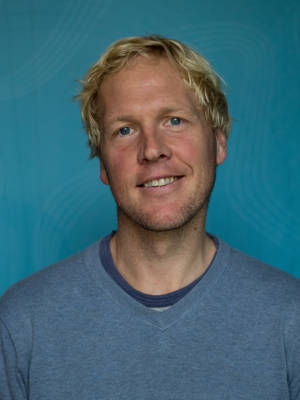We ask a simple and fundamental question: how did media professionals in Egypt and Tunisia affect the transitions following the Arab uprisings? By studying and comparing three media channels (television, electronic news, and print) we explore how journalists made sense of confusing and contentious events, affecting elite and public perceptions of the transition process. The focus is on how journalists framed debates over religion and democracy and contributed to mitigate and exacerbate political polarization. The investigation is based on the premise that journalism is a key agency to make sense of the world, which becomes crucial in times of dramatic change.
Approaching the issue of media and democratization from a new angle, we analyze and compare processes of journalistic interpretation, which in turn affect the direction of the transition process. 21st century struggles for democracy take place in a media-saturated environment where the media's rules of the game influence the crafting and functioning of political institutions. The project will theorize the media's role in political polarization in the contemporary Middle East and explain how mechanisms we know from media and communication research in the West play out in contexts of democratization.
The project relies on extensive fieldwork in both countries, and textual analysis of selected news sources since the 2011 uprisings. Both main researchers read and speak Arabic fluently. The theoretical framework has previously not been applied in studies of the media in political transition processes, so the project promises to break new ground. The program moreover partners with the EU FP7 research program Media, Conflict and Democratisation, which addresses related research questions, and thereby contributes to significantly strengthen and internationalize Norwegian research.







